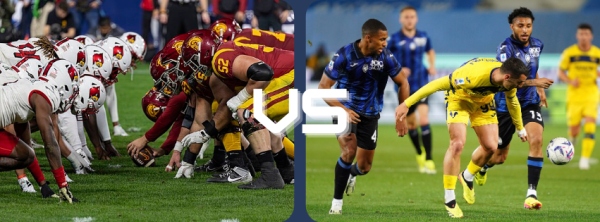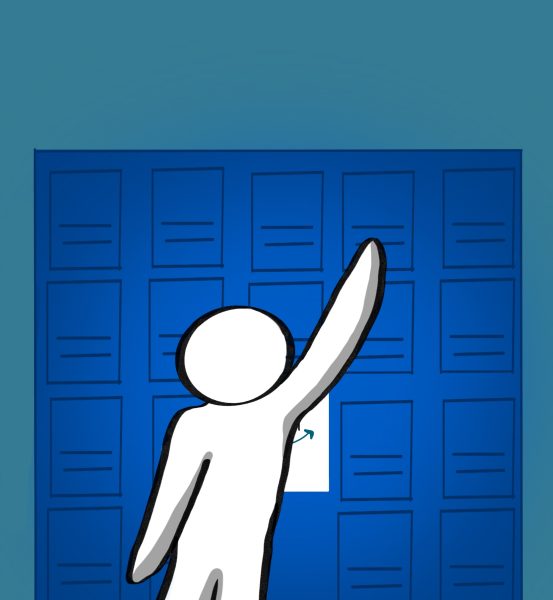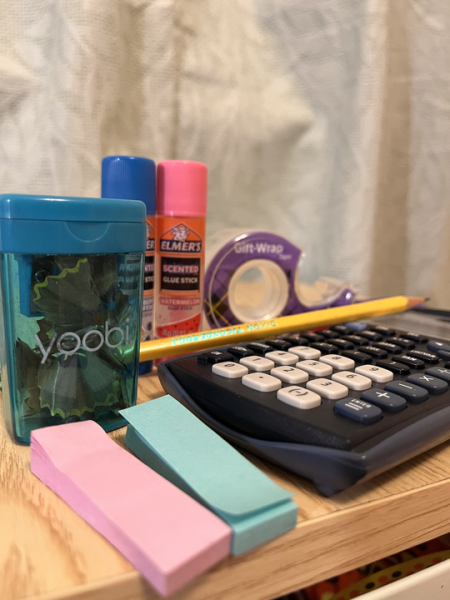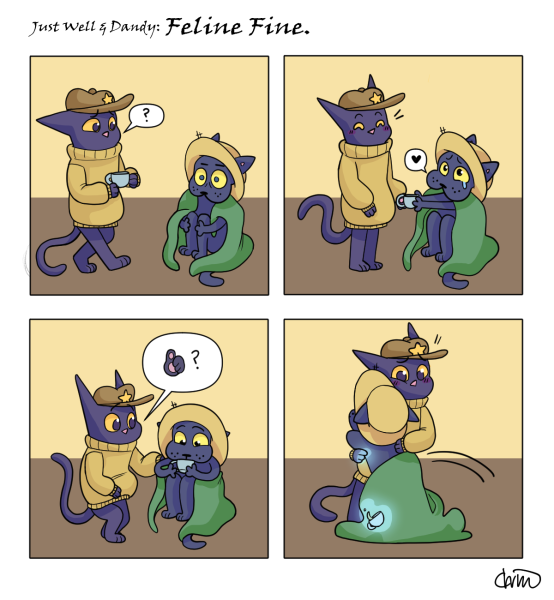Students involved
March 9, 1989
Politics focus of ISA project
This fall, NIU will spend up to $25,000 of students’ money to join the Illinois Student Association. This is the third of a three-part series explaining the ISA.
by Holly Schubert
and Tammy Sholer
The purpose of the Illinois Student Association is to help improve students’ education and general college life by serving in several different capacities.
ISA Field Director Brian Monahan said the Electoral Action Project, “involves students in the political process at every level”.
Students will lobby Springfield legislators on bills affecting higher education and also will testify in Illinois Senate and state representative committee hearings to support the passage of the bills, Monahan said.
ISA Executive Director David Starrett said the program is a different approach from the two Day of Action protests staged in the last academic year in response to a $125 tuition increase approved by the Board of Regents, NIU’s governing body.
The Electoral Action Project is designed “not as a big splash, but as a continuing presence (of students),” Starrett said.
If another protest is planned, the event would lose its effectiveness because legislators will not pay attention to protestors every year, he said.
Monahan said the program also includes a voter registration drive that began last fall.
Several problems emerged with the registration drive, however, including the late mailing of ISA registration information to several campuses and the failure to institute a statewide tracking system for newly registered voters, an EAP report states.
SA Senate Speaker Phill Buoscio, who attended the February ISA meeting, said a request from the University of Illinois Graduate Employees Organization is an example of how the ISA aids students when students are unsure how to address a problem.
The GEO seeks changes in legislation that would allow student workers to participate in collective bargaining and negotiate wage and benefit packages. Monahan said university graduate assistants actually do the majority of teaching.
Current legislation excludes students from participating in collective bargaining. The ISA board has agreed to assist the GEO in gaining collective bargaining.
“Off the cuff, I think it (changes allowing graduate students to collectively bargain) would probably get through the general assembly,” Starrett said. However, it will be difficult to include undergraduate students working in the financial aid office and food services, he said.
“There is a difference between undergraduate sophomore students wiping tables seven hours a week and graduate students teaching classes,” said Paula Radtke, NIU Student Association president and ISA director from NIU.
The ISA board also voted to lobby against a proposed Illinois Bell increase, which Monahan said would change the billing method.
Instead of a flat rate currently paid by Illinois Bell consumers, they would be charged for each local call made, he said.
Monahan said, “If we choose to jump in, we’d have to be interveners and show standing as an association represents a significant number of rate payers.”
He said the bill would not affect NIU or Southern Illinois University in Carbondale because these two schools are serviced by Contel and GTE, respectively.
Wendy Donnell, ISA director from the University of Illinois in Champaign-Urbana, said U of I students would be negatively affected by a change in the Illinois Bell billing process.













